Cluneal Nerve Entrapment is a condition where the cluneal nerves within the buttocks become entrapped or irritated, causing possible lower back and/or leg pain.
At Vitalis Physiotherapy, our treatment of Cluneal Nerve Entrapment aims to:
Cluneal Nerve Entrapment is a condition where the cluneal nerves within the buttocks become entrapped or irritated, causing possible lower back and/or leg pain.
At Vitalis Physiotherapy, our treatment of Cluneal Nerve Entrapment aims to:
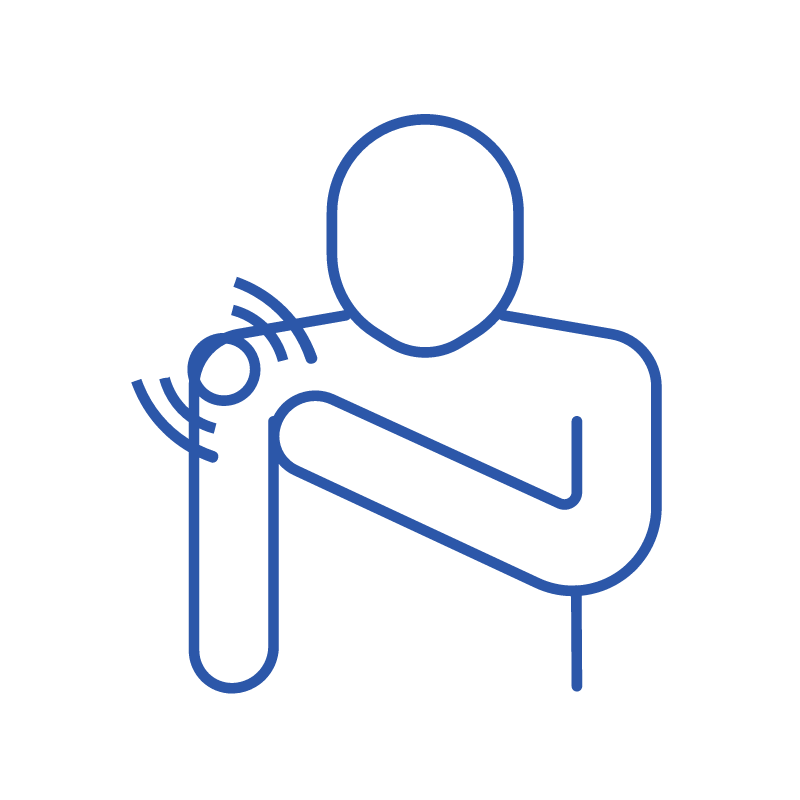
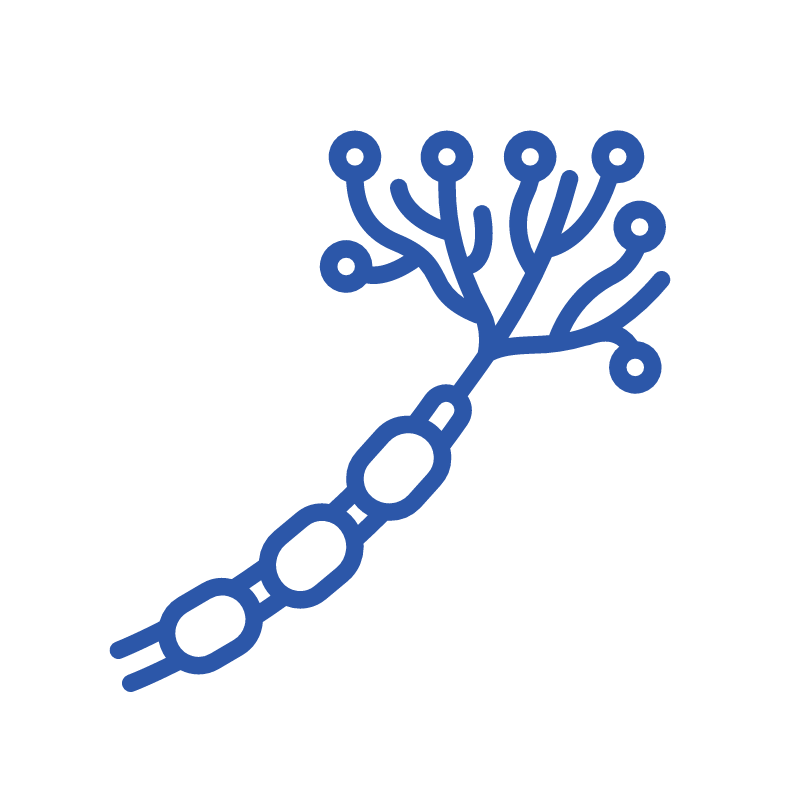

Within the spinal column, there are multiple nerves which innervate dynamic movement and sensory stimulation. One of these is the cluneal nerve, which is divided into three types:
The cluneal nerves are located in the lumbar spine (lower back) and pelvic region. Nerve root irritation and entrapment of these nerves can contribute to lower back and upper leg/buttock pain. Nerves can also become ‘entrapped’ when muscle or fascia form tightly around the nerves or if adhesions develop between nearby tissue and the nerve. In the case of the Cluneal nerves this can happen around the iliac crest (top of the pelvis). Nerve injuries often disrupt neural signals from the brain, which also affects range of movement and pain, felt both at the site and referred pain in nearby structures

Cluneal Nerve irritation is usually caused by pressure/entrapment and nerve root irritation of the cluneal nerves. This pressure can stem from bone or disk protrusions, or inflamed muscle and tissue.
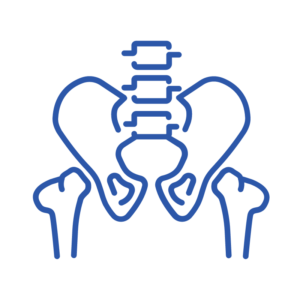
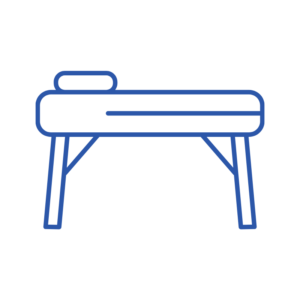
If you suspect you have cluneal nerve entrapment and have pain in your lumar and pelvic regions, it is important to see a medical professional. You will likely be referred for imaging tests to determine the origin and extent of the injury or to rule out a differential diagnosis.
Physical therapy is highly beneficial in reducing nerve pain and inflammation. At Vitalis Physiotherapy, we tailor a unique treatment plan to aid in your recovery through:
If the pain and reduced movement is severe, strenuous activity should be avoided. Your physiotherapist may also advise heat or ice application, rest and if necessary, anti-inflammatory pain medication. Additionally, they might recommend for you to use lumbar support, custom orthotics or other supportive footwear options.
If you think you have cluneal nerve entrapment, or are looking for a physiotherapist near me, the team at Vitalis Physiotherapy can assess your condition to tailor a unique rehabilitation plan to aid in your pain relief and recovery.
All you need to do is just give us a call on 0410 559 856 and request an initial appointment. Please let our friendly reception staff know the background and severity of your condition.
You can visit our FAQs for more information about appointments at Vitalis Physiotherapy.
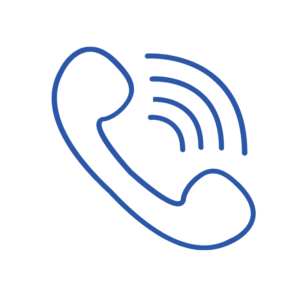
Are you in pain caused by Cluneal Nerve Entrapment? Contact Vitalis Physiotherapy now to book in your treatment.
Call our friendly team on 0410 559 856. We’d love to help.
3/58 Oldfield Road, Sinnamon Park Qld 4073